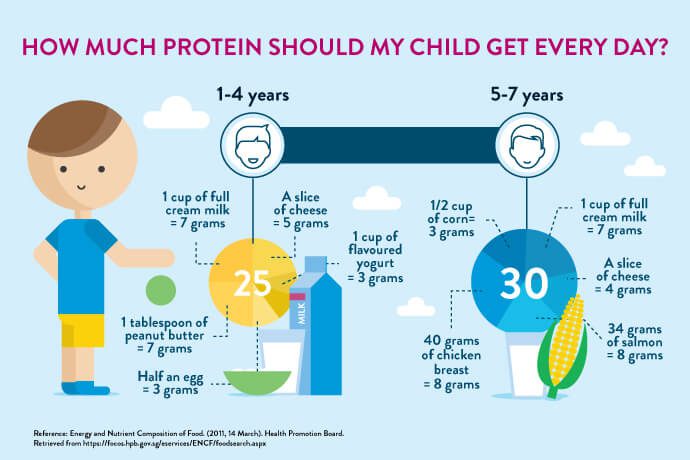Protein is an essential nutrient that plays a vital role in the growth and development of children. It serves as a building block for tissues, muscles, and organs, and is involved in various physiological processes. Adequate protein intake is crucial during childhood, as this period is characterized by rapid growth and development. In this blog, we will explore the significance of protein and how it contributes to the overall well-being of kids.
- Building Blocks of Growth: Proteins are composed of amino acids, which are the building blocks of life. When children consume protein-rich foods, their bodies break down the protein into amino acids, which are then used for various functions. These amino acids play a pivotal role in the growth and repair of tissues, helping children develop strong muscles, bones, and organs.
- Essential for Development: Protein is not only important for physical growth but also for the development of cognitive functions. It aids in the formation of neurotransmitters, which are chemicals that facilitate communication between brain cells. Consuming adequate protein supports healthy brain development, improves memory and concentration, and enhances overall cognitive abilities in children.
- Promotes Healthy Weight Management: Protein plays a significant role in maintaining a healthy weight in children. When kids consume protein-rich foods, they tend to feel fuller for longer periods, reducing their cravings for unhealthy snacks and preventing overeating. Additionally, protein helps build and preserve lean muscle mass, which contributes to a higher metabolic rate. This can support healthy weight management and reduce the risk of obesity.
- Supports a Strong Immune System: Protein is essential for a well-functioning immune system. Antibodies, which are proteins, help fight off infections and protect the body against harmful bacteria and viruses. Adequate protein intake ensures a robust immune response, reducing the frequency and severity of illnesses in children. It also aids in the production of enzymes and hormones that regulate various bodily processes, contributing to overall health.
- Sources of Protein: To ensure children receive adequate protein, it’s important to include a variety of protein-rich foods in their diet. Good sources of protein include lean meats, poultry, fish, eggs, dairy products, legumes, nuts, and seeds. Vegetarian and vegan options like tofu, tempeh, lentils, chickpeas, quinoa, and chia seeds are also excellent sources of plant-based protein. It’s advisable to consult a pediatrician or a registered dietitian to determine the appropriate protein intake for a child based on their age, weight, and activity level.
Conclusion: Protein plays a crucial role in the growth and development of children. From supporting physical growth and cognitive function to promoting a healthy immune system, protein is a vital nutrient that should be prioritized in a child’s diet. By ensuring an adequate intake of protein-rich foods, parents and caregivers can contribute to their child’s overall well-being, fostering optimal growth and development. Remember, a balanced diet that includes a variety of protein sources is key to providing children with the nutrients they need for a healthy and thriving future.




